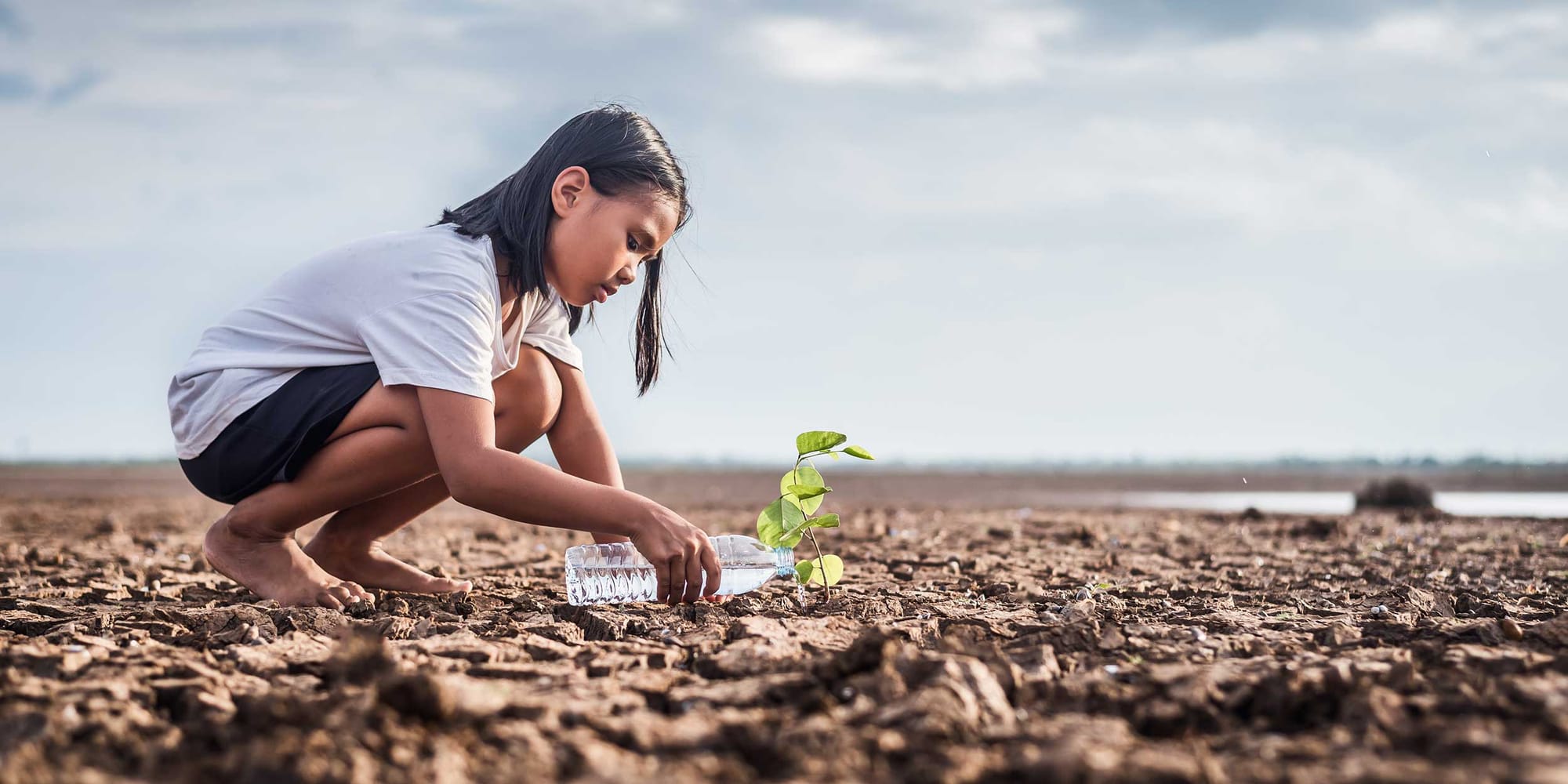NEW STRATEGIES FOR CLIMATE AND HUMAN SECURITY

Geneva, 6 October 2021
In opening the Workshop on New Strategies for Climate and Security held in Geneva on 6 October 2021, Ambassador Thomas Greminger, Director, Geneva Centre for Security Policy (GCSP) said that “The latest IPCC report is only the most recent testimony to the fact that security professionals need to factor-in climate change repercussions on security”. He stated that “With this workshop we have the opportunity to strengthen the role, outreach and ultimately impact of international Geneva on peace, human security and sustainable development, on a national and global scale. Indeed, I think that Geneva with all its organizations and NGOs in the different thematic clusters is very well placed to discuss such a cross-sectoral issue like climate change and security.”
The workshop was organised by the Swiss Federal Department of Foreign Affairs in cooperation with the Geneva Centre for Security Policy (GCSP) and the Environment & Development Resource Centre (EDRC). The multidisciplinary event brought together 38 expert analysts and practitioners from international and intergovernmental organisations, think tanks and NGOs with offices in Geneva.
In his presentation, Alexander Verbeek, Policy Director, Environment & Development Resource Centre, explained that the current pandemic and climate crises are different in nature. “If historians in 100 years from now will look back at these crises, then they will be most fascinated by the inability of our governments to come with an adequate response to the climate crisis”, he said.
“The pandemic is a huge catastrophe, but we know that we can get it under control and that the basic structure of society and international relations will not be dramatically changed”. Climate change is not like that, he added, but “it could have been like that if politicians worldwide would have taken measures that scientists advised thirty years ago”.
Sonia Seneviratne, Professor for Land-Climate Dynamics at ETH Zurich and coordinating lead author of the 6th assessment report of the IPCC provided in-depth information on “What do the latest climate models tell us about the key risks to the planet post 2030?” Her presentation was based on the Sixth Assessment Report, Climate Change 2021: The Physical Science Basis released on 9 August 2021.
She said that “unprecedented events become more likely with increasing global warming and that threats from extremes are multiplying with increasing global warming”, concluding that “We should do all we can to limit global warming to 1.5°C and avoid overshoots: Even a world at 1.5°C is not safe, but it’s the best option we have.”
In the presentation by Silja Halle, Programme Manager, EU-UNEP Climate Change and Security Partnership, UNEP Environmental Security Unit, entitled “Addressing climate-related security risks on the ground: Early warning and integrated programming solutions”, Ms Halle explained the challenges to the implementation of UNSC mandates including limited climate and security analysis capacity, lack of data and analysis platforms and lack of evidence based on solutions and how each of these are being and can be addressed. She also presented the results and lessons learned from pilot projects in Sudan and Nepal in which the three core results were a) Strengthened capacity of communities to mediate disputes and prevent natural resource-related conflict, b) Enhanced social cohesion and trust, and c) Sustainable and climate resilient livelihood options for vulnerable groups.Several reports, toolboxes and guidelines were highlighted including those directed toward political analysts and peacebuilding practitioners, climate adaptation specialists, and gender and inclusion advisors.
The presentations were followed by a participatory discussion on “Integrating Development, Humanitarian Action, Climate Change, Peace and Security” moderated by Anna Brach, Senior Programme Officer, Head of Human Security, GCSP, and Ronald A. Kingham, Executive Director, Environment & Development Resource Centre (EDRC) The lead questions focused on the role of Geneva, how collective and coordinated action could be incentivized and on how concrete ideas could be implemented to address climate and security risks. More than 40 specific observations and ideas were put forward. These included:
• The real added value of Geneva based organisations lies in focusing on the impacts of the climate crisis on people. Further, Geneva can bring the knowledge of the humanitarian approach and its experiences on the ground into the global conversation around solutions to the climate crisis.
• There is a need to achieve real transformative recognition of the human security implications of climate change. This means involving different actors and specifically addressing problems of the nexus between climate change and security.
The workshop demonstrated the importance of identifying, designing, and implementing response mechanisms to prevent conflict and foster sustainable peace and security. Geneva has the strength, experience and knowledge to make an important contribution in looking at climate change and human security in a very concrete and comprehensive way.
Photo: palidachan/Shutterstock.com